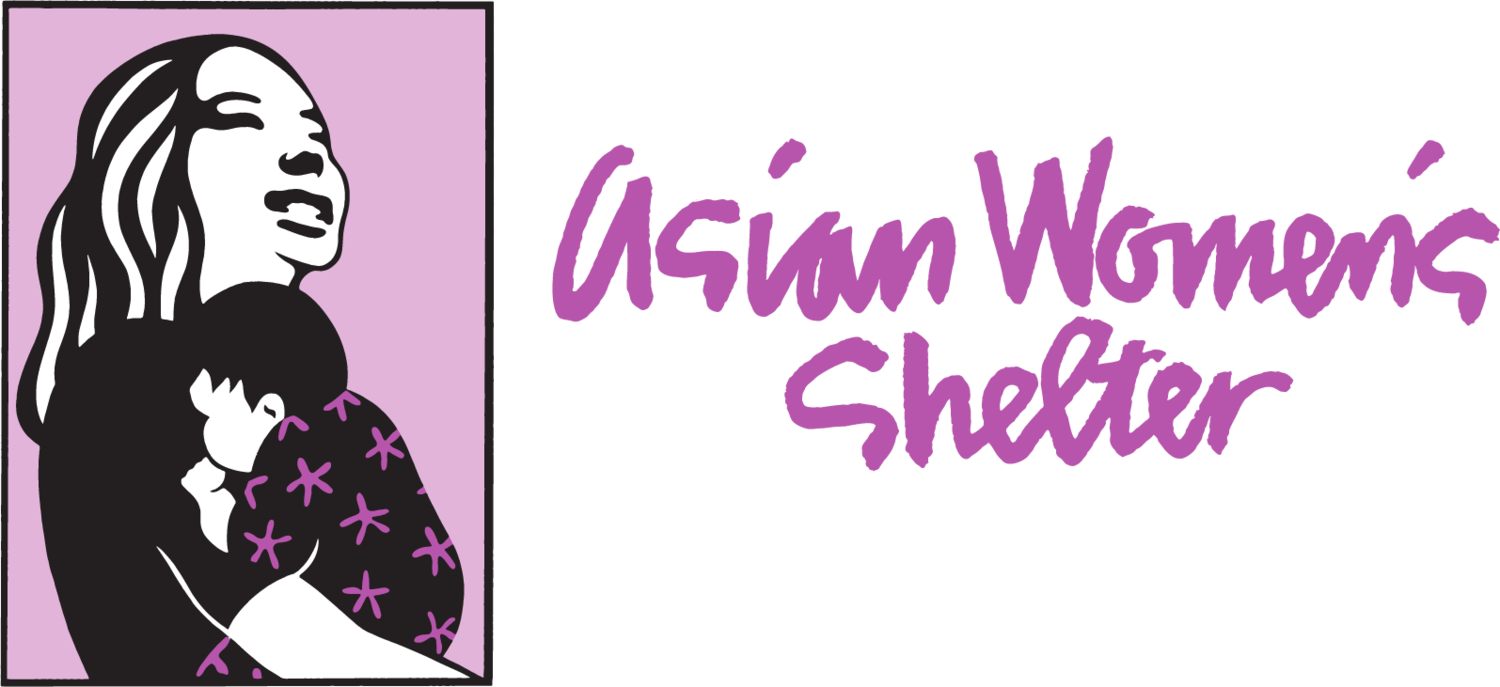About Us
Asian Women's Shelter (AWS) was founded in 1988 to address the urgent and unmet needs of survivors of domestic violence and human trafficking, especially those who are immigrant or refugee women, children, LGBTQ+/GNB, and/or youth. AWS welcomes survivors of all genders, ages, races, nationalities, language communities, abilities, income-levels and more. The survivors we work with every day embody courage, hope, and incredible determination. They inspire our unrelenting commitment to end violence in our families, communities, and world.
MISSION & VISION
The mission of Asian Women's Shelter (AWS) is to eliminate domestic violence by promoting the social, economic and political self-determination of women and all survivors of violence and oppression. AWS is committed to every person's right to live in a violence-free home, and has a specific focus towards addressing the cultural and language needs of immigrant, refugee, and U.S.-born Asian and Arab women and their children. This perspective is reflected in the organization's broad strategy, which integrates culturally grounded and language-accessible crisis lines, emergency shelter, transitional housing, community engagement and violence prevention programs, training and education programs, systems and policy advocacy, and cultural change initiatives.
While we have the cultural and language capacity to address the specific needs of individuals from Pan-Asian backgrounds, AWS welcomes all survivors. All of our services and programs seek to address an interplay of factors affecting survivors, including sexism, racism, ageism, classism, ableism and heterosexism.
Because AWS recognizes the abuse of power as the root cause of violence, all of our work is rooted in an intersectional and anti-oppression framework. AWS operates on a shared leadership model that prioritizes teamwork, consensus-building, and self-reflection. We continuously seek to collaborate with other organizations in order to build a network of services and a social movement beyond AWS. These efforts not only help us support survivors and their families and communities, but create a stronger chorus of voices for advocacy and policy work to create safety, well-being and opportunity for all.

